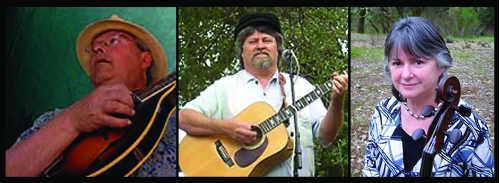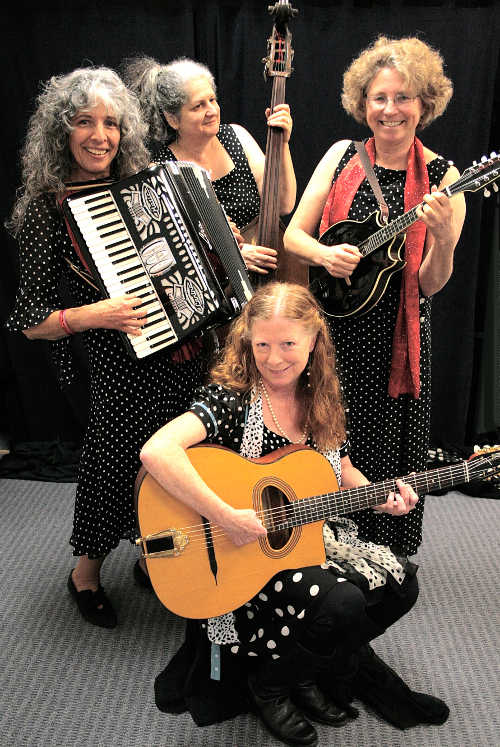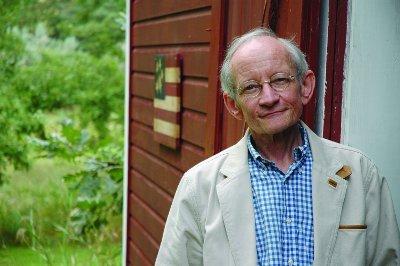- Tim Riley
- Posted On
Gripping drama behind 'Steve Jobs' genius career trajectory
STEVE JOBS (Rated R)
When it comes to handling computers, I am so incapable at times in dealing with technical problems that even the Geek Squad will no longer return my calls. But, at least, articles such as this one flow from the relative ease of using Microsoft Word.
On the whole, it would seem not within my realm of comprehension or even desire to be writing a critique of “Steve Jobs,” the story of the acclaimed pioneer of Apple who made the computer accessible even to the most unskilled users.
This assignment is approached with some trepidation, but with the knowledge that Aaron Sorkin wrote the screenplay based upon Walter Isaacson’s best-selling biography of the Apple founder, it appears the proper roadmap has been drawn.
In a canned interview stuck inside the film’s press notes, director Danny Boyle, who does a tremendous job here, notes that the “film is an abstraction,” taking events – some of them real, some of them imagined – and pushing them into three acts.
With an almost minimalist style, “Steve Jobs” focuses on the backstage drama attendant to the launch of three new computer products over the course of a fourteen-year period beginning with Apple’s formative years.
First, it’s the launch of Macintosh in 1984, where Michael Fassbender’s Steve Jobs unveils his work in front of a fawning audience that would seemingly fuel the computer genius’ tendency to arrogantly believe that his brilliance was undeniable.
Like many brainy masterminds, Jobs is relentless in badgering and hectoring those around him instrumental in facilitating his dream. His most immediate foil is Andy Hertzfeld (Michael Stuhlbarg), who is roundly berated for not being able to get the Macintosh to say “Hello.”
Gal Friday Joanna Hoffman (a nearly unrecognizable Kate Winslet) fares little better in her treatment from Jobs, whose neverending grievances and demands would be demoralizing to someone with much less tolerance and inexhaustible endurance.
Over the course of what is essentially a three-act play, Jobs’ oldest friend and collaborator, Steve Wozniak (Seth Rogen, playing it straight), endures the humiliation of vainly trying to get the Apple genius to publicly recognize the achievements of the Apple II team.
The personal failings of Jobs are found in his troubled relationship with former live-in girlfriend Chrisann Brennan (Katherine Waterston) and his insensitive unwillingness to accept paternity for their young daughter Lisa (played by different young actors over time).
Arriving backstage on the launch day, Chrisann scratches at the hard exterior shell of the aloof Jobs, making a strong case that his child support payments are woefully inadequate as she and Lisa suffer the hardship of living on welfare.
Even though he doesn’t want Lisa to know him as a father, Jobs takes tentative steps to form a tenuous bond with his offspring, and his interest in her becomes more pronounced when she makes a computer drawing. Only in the third segment would he admit naming a computer after her.
Another constant person in the picture is Apple CEO John Sculley (Jeff Daniels), the man who ironically fired Jobs from Apple in the early going, but keeps surfacing at the pivotal points in Jobs career up to the end of the third-act launch of the iMac in 1998.
Sculley’s presence also punctuates the tension of Apple boardroom squabbling where Jobs confronts his employers with the same tortured, angry responses that inform even his everyday interaction with other business associates.
The backstage drama of the second act comes in 1988 when Jobs, having been ousted from his position at Apple, pushes the NeXT cube computer, which proves to be anything but the next big thing in the digital world.
The third act wraps it all up with the 1998 launch of the iMac, and the crowds in the auditorium for the event have grown larger and even more sycophantic for the elusive mad genius behind the curtain.
In patented fashion, Aaron Sorkin delivers fast-paced, sharp dialogue in scenes where Jobs walks and talks with such speed that one is in awe of how his pithy one-liners are so clever and worthy of emulation.
Indeed, in situations where Jobs’ arrogance matches his intelligence with ferocious impact on anyone and everything within his path, it’s possible to see him as a Shakespearean creation of hugely melodramatic proportions, maybe like King Richard III but without the hunchback and murderous soul.
Though he may not look very much like his subject matter, Michael Fassbender’s role is a tour de force performance that could easily be remembered when Academy voters are thinking about an Oscar nomination next year.
Above all, “Steve Jobs” is a psychological portrait of a brilliant man consumed by internal conflicts and personal demons. The result is a fascinating character study which ends so abruptly in 1998 that one may hope for a sequel to finish the rest of the story.
Tim Riley writes film and television reviews for Lake County News.

 How to resolve AdBlock issue?
How to resolve AdBlock issue? 









